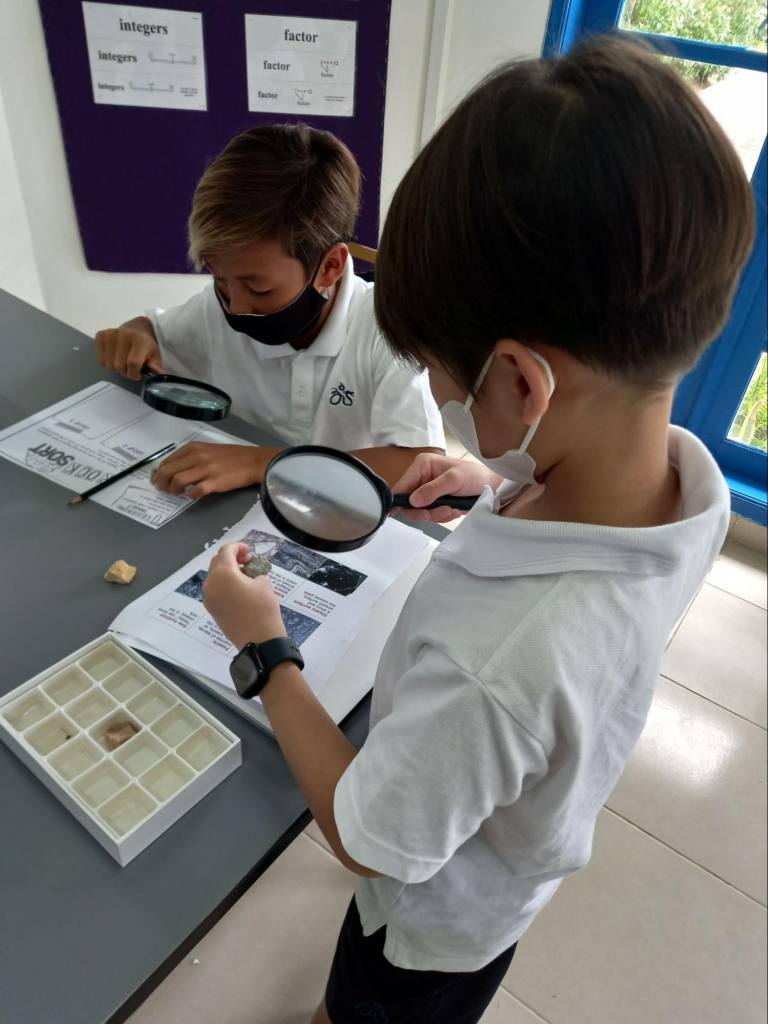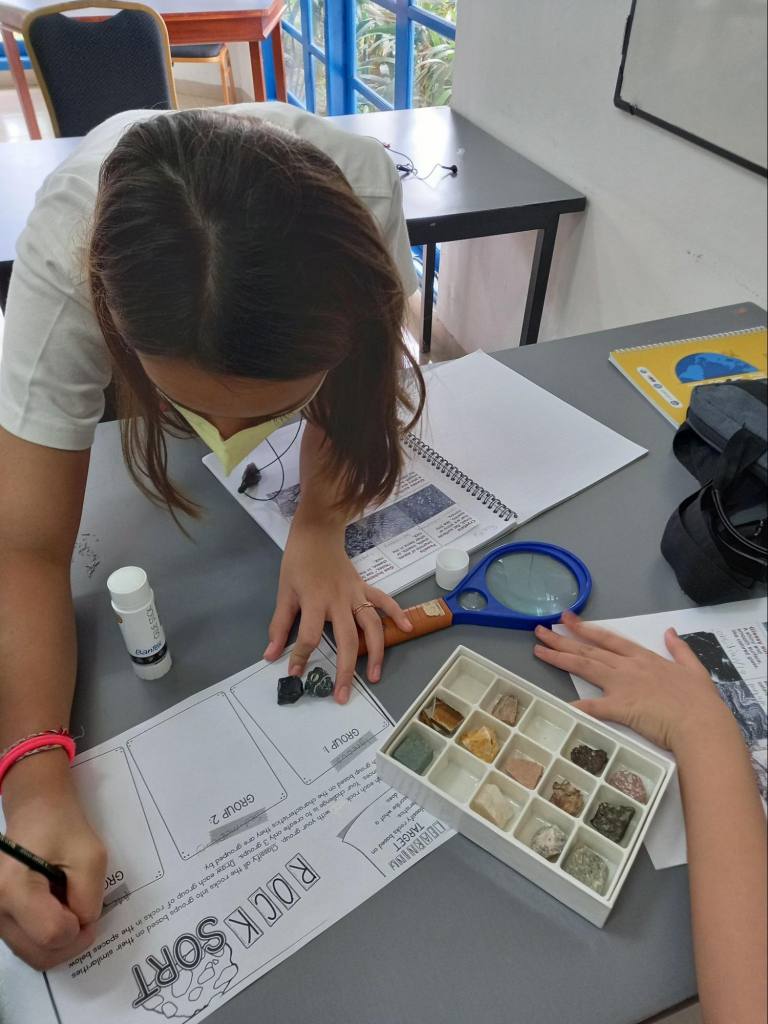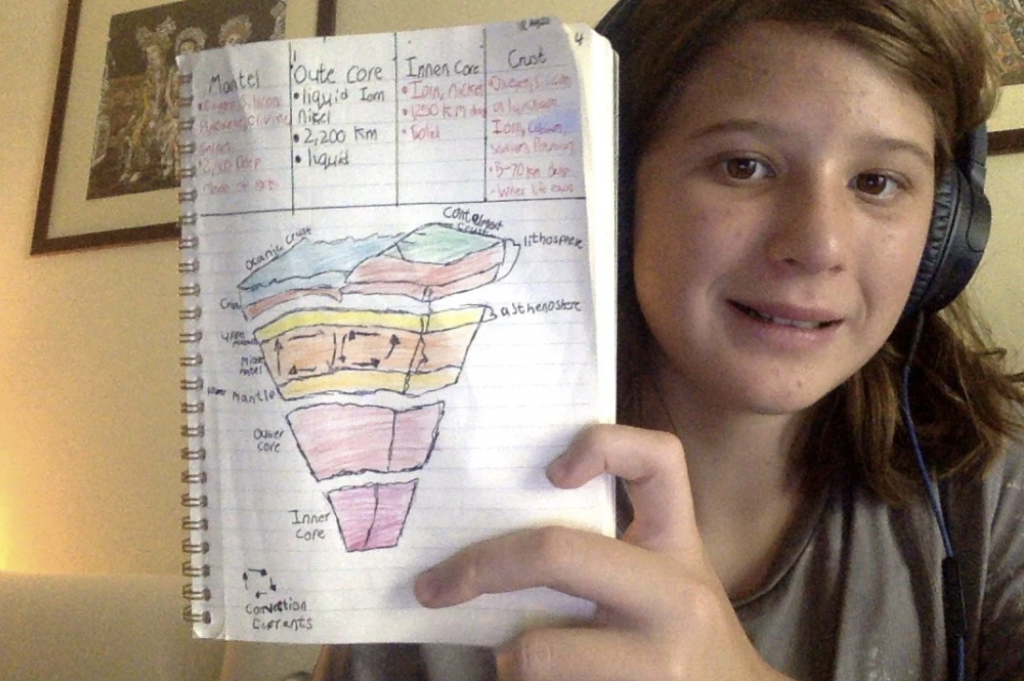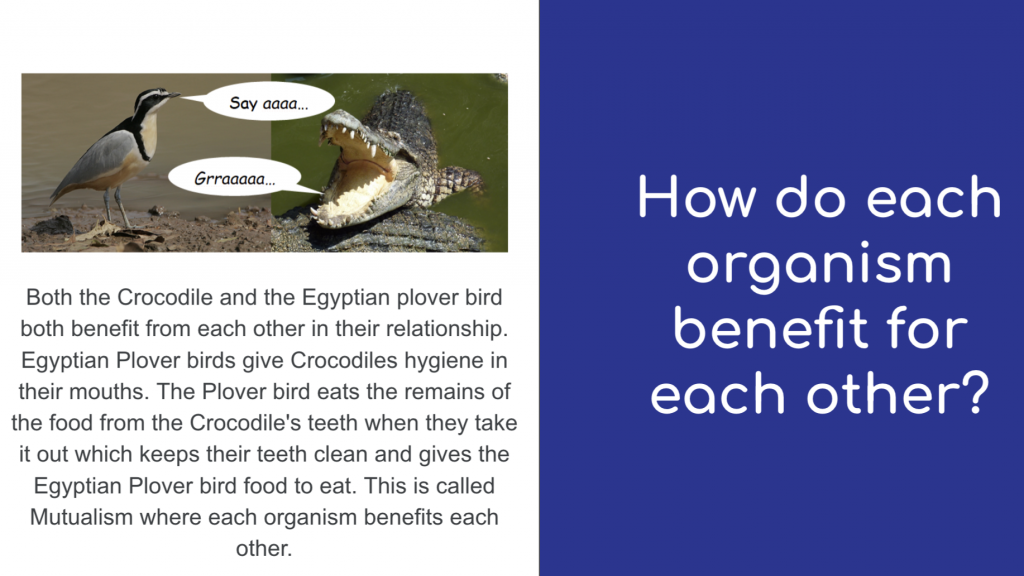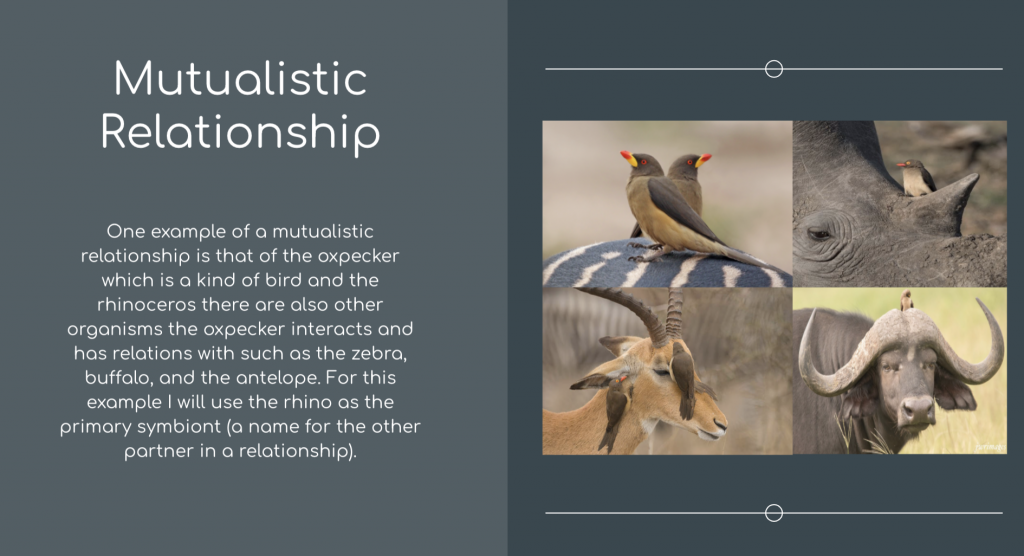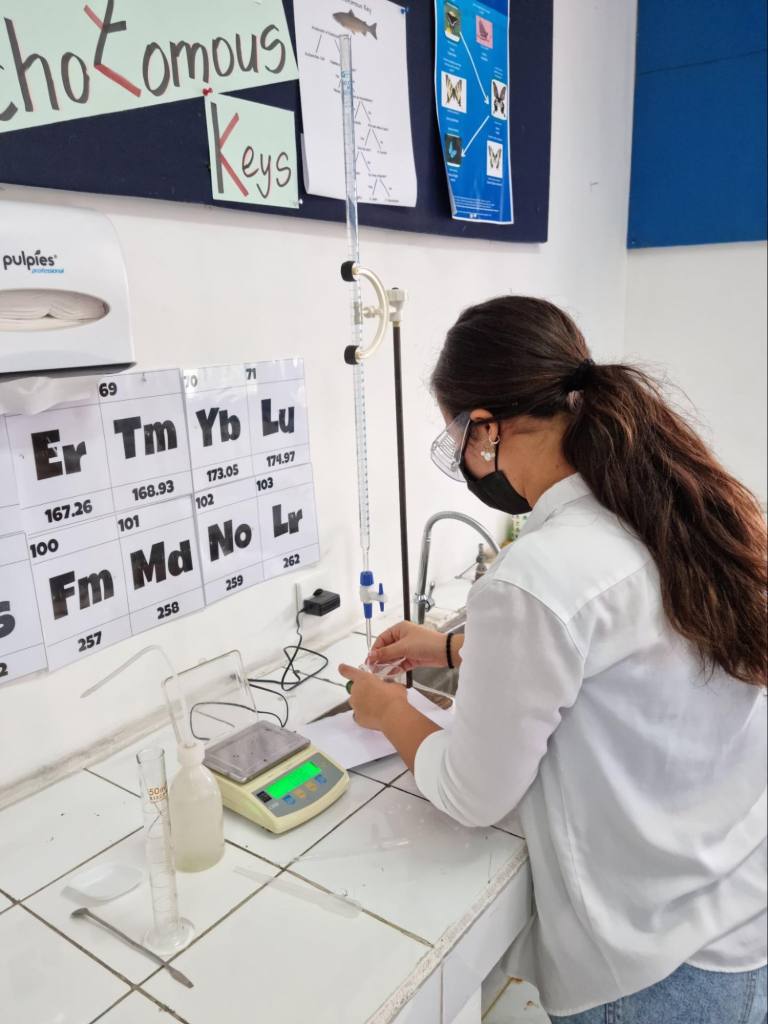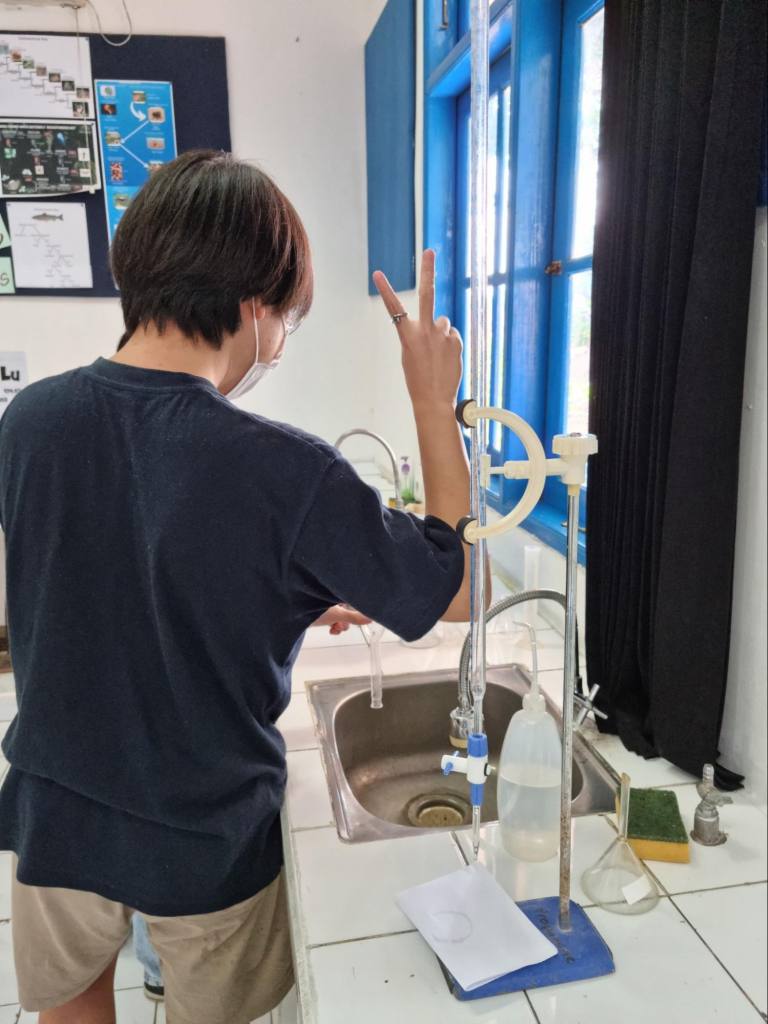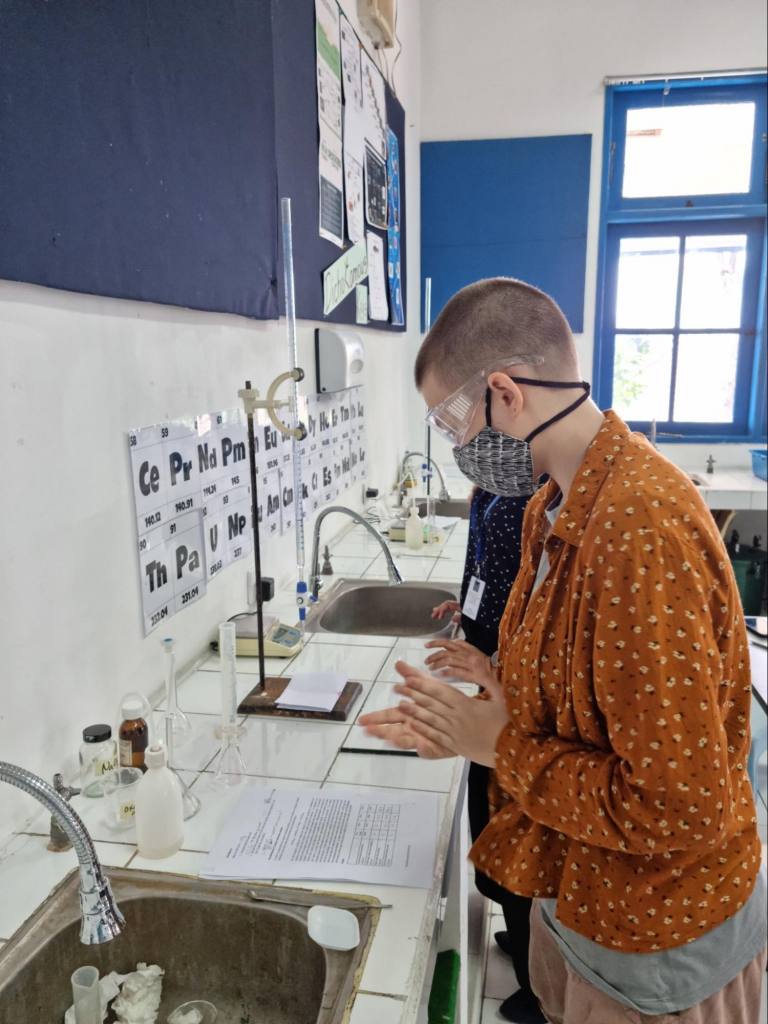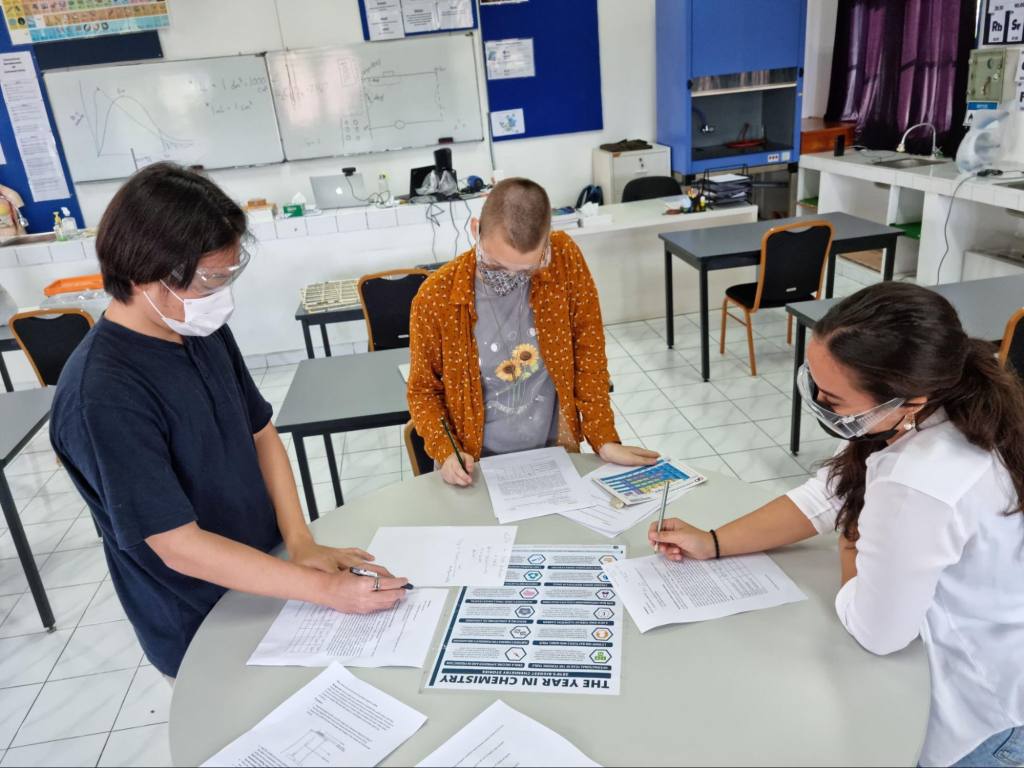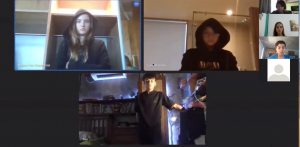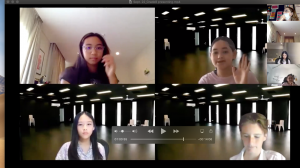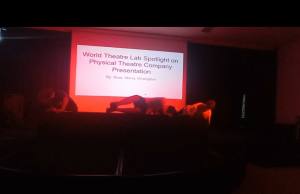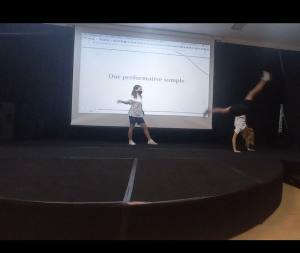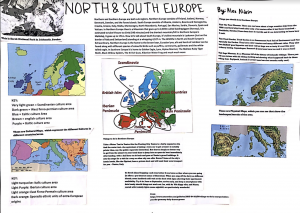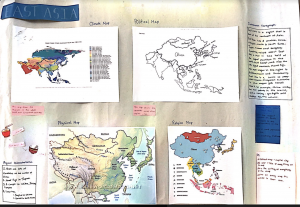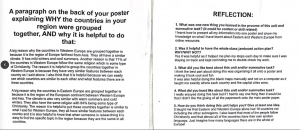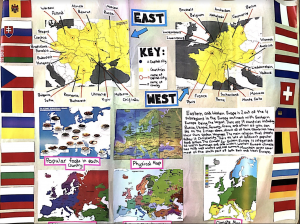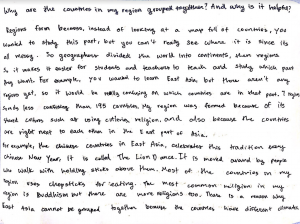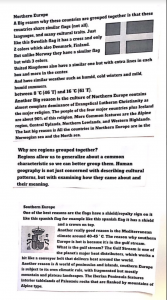Secondary Newsletter 7 – September 24, 2021
Join the BIS Math Club!
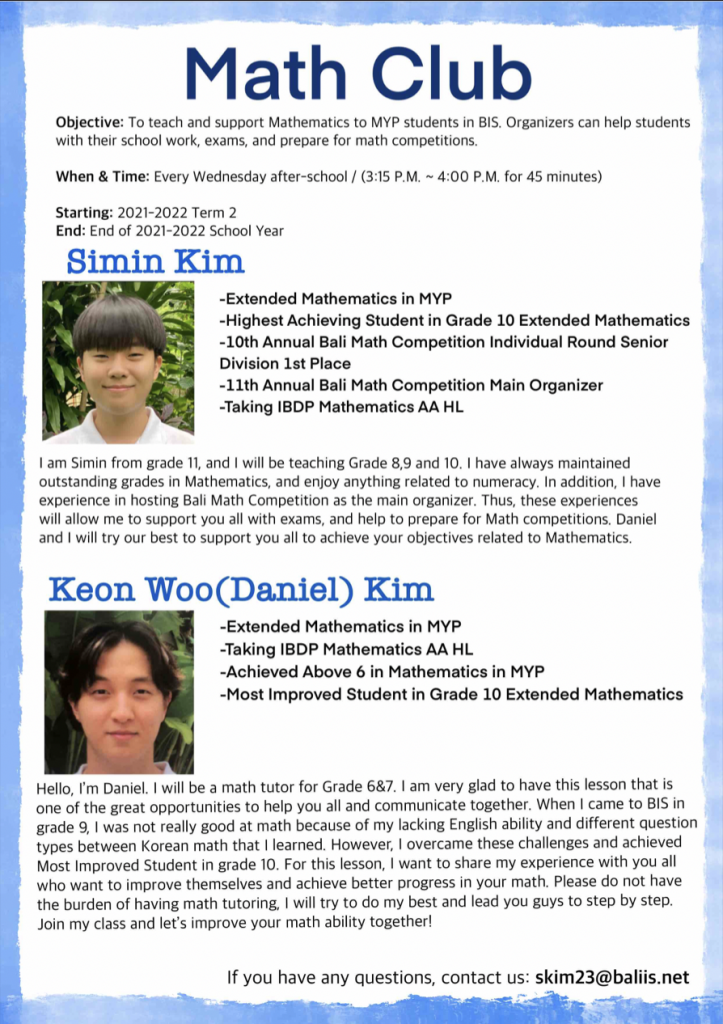
If you are interested in joining the 2021 – 2022 BIS Math Club, please apply by emailing skim23@baliis.net or kkim23@baliis.net
Your email should contain:
- Your name & Grade Level
- The reason why you are applying for this club
Please don’t hesitate to contact one of us if you have any questions!
CAS Kupu-Kupu Foundation – Selling Secondhand Books

Hi everyone, we are the Kupu-Kupu group! For our CAS project, we have been working with the Kupu-Kupu foundation making booklets for the children to do while being at home during COVID.
We are planning a book sale where we sell second-hand books from September 23 to October 29. We will be collecting the donations/proceeds at the end of every week. With all the money made, the proceeds will be going to the Kupu-Kupu foundation to help families who are financially struggling during the pandemic. We hope with the money raised, the foundation is able to pay for home repairs such as toilets and roofs for these families.
All the books will be posted on our Kupu-Kupu group website titled Shop in the top right corner. All book prices will range from Rp 50,000 – 100,000, which can be accessed through the link here.
There will be a form that will need to be filled out to indicate which books will be purchased so we are able to keep track of which books are sold.
We plan to set up our sale at the school courtyard where anyone can pick up or drop off a book when you come to school which will be displayed beside fun bites. Please clip a piece of paper with your name and the name of your book to your money. This allows us to keep track of your payments while limiting physical contact. We hope we can trust that our community will be principled and help another community out during this global pandemic.
Additionally, if any of you have any second-hand books that you would like to donate, we could add them to our site if you email us the name of the book and a picture of the cover page. Any additional donations would be greatly appreciated by us and the foundation.
If there are any questions or concerns, you can contact Asia (apeters22@baliis.net) or Libby (lmoss22@baliis.net).
We hope we are able to raise enough money to give to the foundation!
Kindest regards, Kupu-Kupu group
Science Friday!
The Science Department celebrated having students being able to come back to campus this month because Science is very much a ‘hands-on’ subject. Experimentation, exploration, and building of technical skills in our laboratories are a foundation of learning for our students in Science classes. Super exciting! Take a look at what some of our scientists are doing:
MYP Science (Grades 6-10)
Grade 6
In Grade 6 Science, we are learning about the layers of the earth, plate tectonics, and rocks! Students began making entries in their Science journals, including a diagram of the different layers of the earth. We learned about the causes of earthquakes and volcanoes and some of the scientific processes that have been happening for billions of years!
Grade 7 Science
Students are studying Ecology in this Unit. They studied food webs, food chains and they looked into what types of relationships animals and plants can have with each other. Broadly speaking there are three types of relationships: Mutualism (both organisms benefit), Parasitism (one organism benefits and the other suffers/dies), and Commensalism (one benefits and the other doesn’t suffer or benefit)
Here are some examples of what the students produced.
Grade 8
Students have been focused on Energy and how Energy is transferred and transformed. They are now working on their summative task which is to investigate how the efficiency of one mode of transport has changed over time.

In another task, students were asked to find someone (or a dog) to explain the following three concepts: convection, conduction, and radiation. They needed to make a video of their short presentation.

Grade 10
We are studying motion in Physics. As part of the studies, students are dedicating themselves to planning an experiment on terminal velocity of a parachute with an object attached. When planning they are getting involved in the steps of how to write a laboratory report. After the experiment is designed, they will conduct the experiment according to their plans. They will follow the scientific process from the beginning to completion.
Terminal velocity may look ghastly but that has nothing to do with termination. When an object/body is in free fall and reaches a point where it no longer has acceleration, the object/body starts to have a constant velocity. Skydiving is an example of an object falling at terminal velocity. Thankfully we have parachutes…
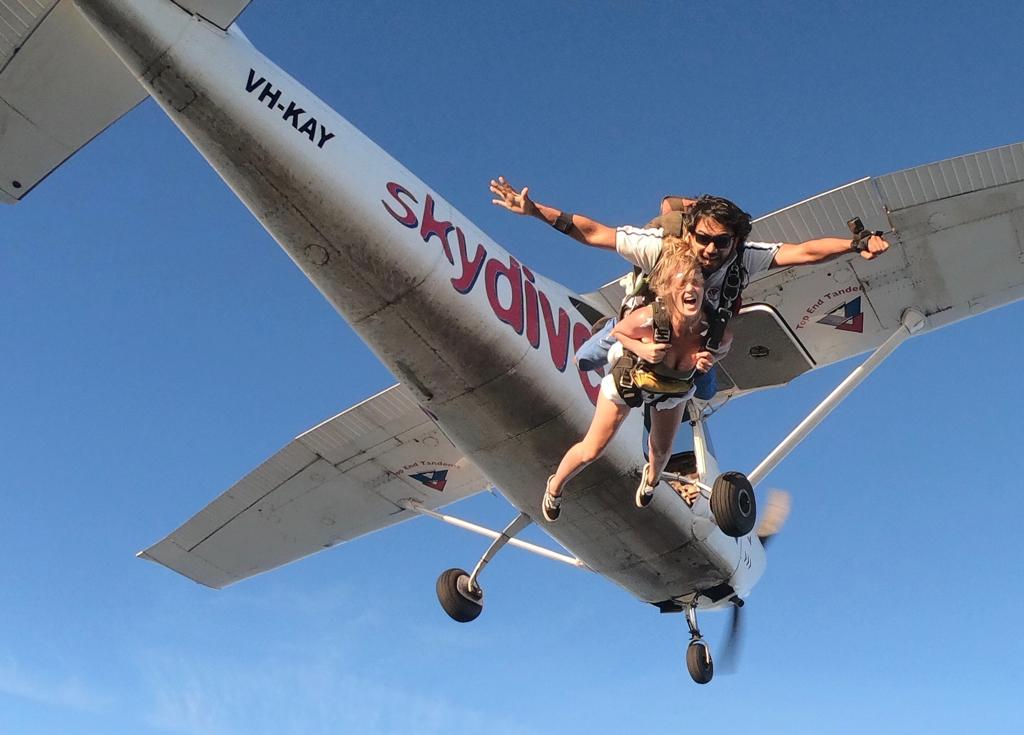
(warning: This is a trained professional – and your science teacher!!! Do NOT try this at home) 😉
DP Sciences (Grade 11 & 12)
Biology
Grade 11 Biology have been studying ecosystems and how living things interact with their environment. We attempted to make mesocosms (ecosystem in a bottle). These self-contained systems are used to study the relationship between various factors in an ecosystem and is a required practical for IB Biology students. We will inform you of their progress in several months’ time, if they make it that long! 😉

Grade 12 Biology has been studying human physiology starting with the digestive system, cardiovascular system and the immune system (more systems to go after these). What follows is a concept map (also called a mind map among other things) of the immune system as constructed by the students. These are beneficial organizational tools for learning and constructing knowledge and ideas. Concept mapping is used by people in all professions to show how ideas and information are connected. The immune system is the second most complex system in the human body behind the brain and nervous system. So, students began constructing this mapping to explore and learn all of the components.
Round one after the introductory information:

Final concept map:

Sorry that it’s too small to read. It is full of important information though!
Chemistry
Grade 12 Chemistry continued this term with their understanding of Enthalpy (topic 5) which has to do with changes in reactions. This topic was followed by topic 6 involving chemical kinetics specifically looking into rates of reactions and what kinds of things can affect those reaction rates. In grade 12 these chemistry students have begun the process of developing, experimenting, and writing their Internal Assessment which comprises a percentage of their grade requirements for the IB. We have some great topics for IA’s this year which include using voltaic cells (making batteries out of solutions), iodometric titration to determine vitamin C concentrations in food, and concentrations of alkali effects on soap production. Good luck to the Grade 12s in completing this challenging part of IB Chemistry! You got this!
Grade 11 Chemistry started out this year learning the background information in stoichiometry necessary to understand how the rest of Chemistry works. Stoichiometry is a foundational set of concepts. Chemistry (like all sciences) is a very hands-on subject with lab skills and techniques that are vital to building knowledge and understanding. Students have been able (finally) to get into the lab and perform lab practicals. The first experiment they conducted was to perform a titration experiment to determine an unknown concentration of a solution against a primary standard solution. It is as complicated as it sounds!
G11 Students are a little camera shy. Ha ha!
Go out and explore the world (safely)! Happy Science Friday!
(“Science Friday is your trusted source for news and entertaining stories about science. It’s brain fun for curious people.” – sciencefriday.com)
Counselor Corner

Social Media and Self-Doubt
How parents can help kids resist the pressure created by artfully curated social media feeds.
By Rae Jacobson on Child Mind Institute
Social media can be fun, exciting, even helpful. But for some teens, all those pictures of awesome vacations, perfect bodies, and great-looking lives can fuel self-doubt. How can parents help teenagers have a healthier relationship with their social feeds?
Read the full article on the Counselor corner at BIS site
BIS Stage Spotlight: Order Through Improvisation. Motion. Movement
How do you create a new theatrical work? As part of the Devising Original Theatre unit, students in DRAMA 8-9 course have been exploring physicality and the art of physical theatre. They researched renowned physical theatre companies from around the world – PUSH, FRANTIC ASSEMBLY and COMPLICITE, and created original skits to showcase their devising process as well as their signature performance technique.
This process benefits from the creativity of each performer, and kudos to Emma, Nina, Kristopher, Nour, Manu, Zaria, Maia, Rachel, Aron, Malena. Ayden and Luna for forging their own path into the realm of physical theatre.
Grade 7 I&S
Grade 7 completed their first unit a couple of weeks ago and because we are finally in person, they were able to turn in their final products for display. Hurray! In our first unit, we focused on knowing our world, looking at becoming more familiar with where countries are in the world, and learning a bit about world regions and why countries are grouped together into regions. For their summative assessment, Grade 7 created regional posters of an area of the world along with answering our research question: Why are the countries in your region grouped together and why do geographers create regions in the first place? Below are a few examples of what they turned in. It was hard to pick which ones to show off as they were all quite good.
Service as Action
On Thursday, February 23, Secondary students were treated to a special visit from I Gede Robi Supriyanto. The workshop was an exciting opportunity to build international-mindedness, inspiration, and student engagement within our Service as Action and CAS program.
Robi is the lead singer in one of Indonesia’s most famous rock bands. Navilcula has won numerous awards, some of which have taken them overseas to America, Canada, Australia, and Europe in a career spanning 25 years. The powerful lyrics in many of their songs address issues relating to the environment and social justice.
Robi is also a writer, documentary maker, and organic farmer.
Robi also created a feature film documentary called Pulau Plastik, which addresses the ongoing issues of single-use plastic and the environmental impact it has on rivers, ocean, and our own bodies in the form of microplastics.
The song and music video clip Busur Hujan was created in collaboration with Greenpeace and filmed on the legendary environmental ship ‘Rainbow Warrior 2’, while it was docked at Benoa here in Bali.
The third piece I would like to share is Mafia Hukum, a song commissioned by the Indonesian Corruption Watch, and was actually filmed on campus here at BIS several years ago.
The session was recorded and I will share a highlights video along with student reflections in the next Secondary eNews.

